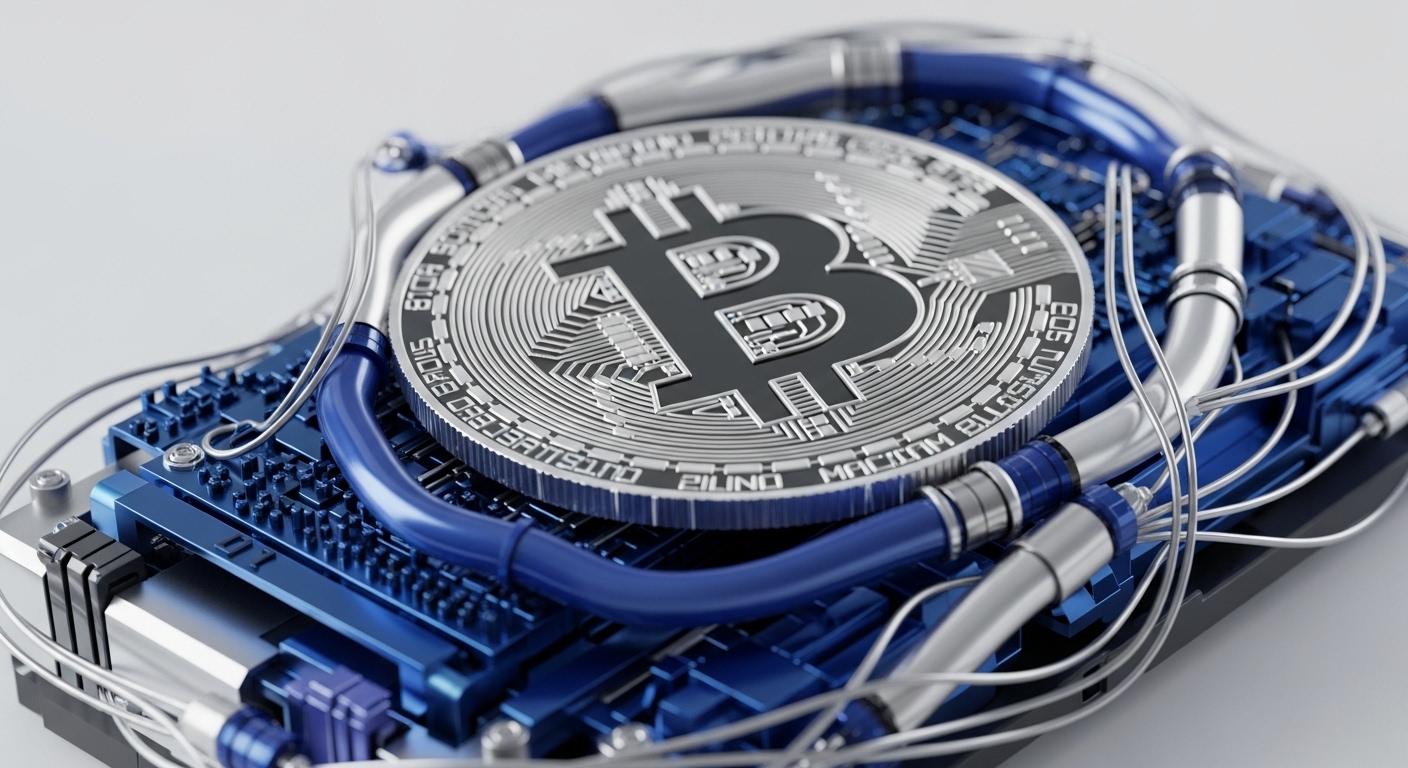Toyota Launches Woven City for Real-World Blockchain Urban Integration


Toyota's Woven City initiative deploys blockchain for scalable urban services, demonstrating foundational digital infrastructure for advanced mobility and resource management.
